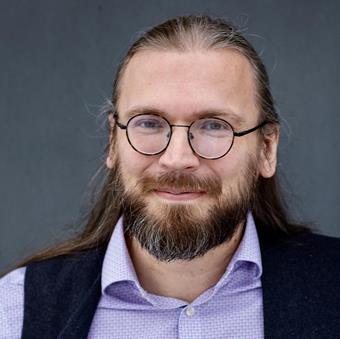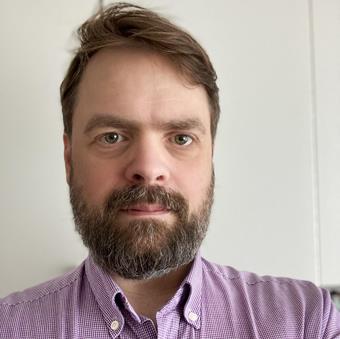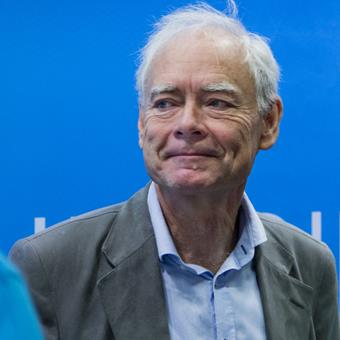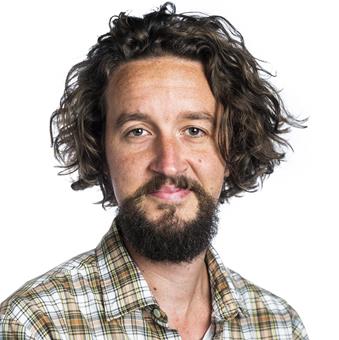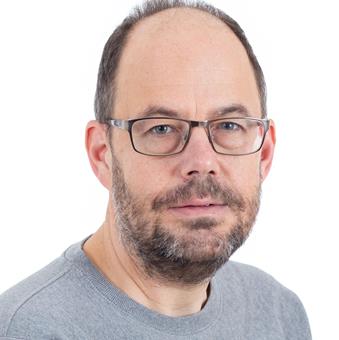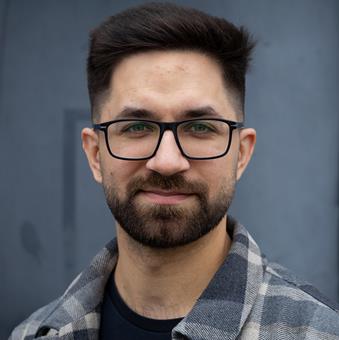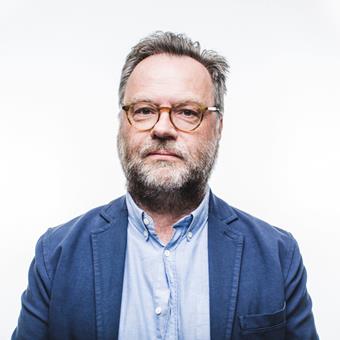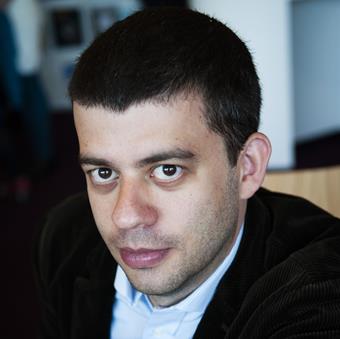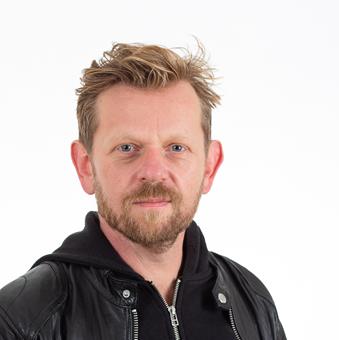Philosophy as an academic discipline studies issues of both a very general and a very fundamental nature. Central to the subject is the analysis of the concepts, methods and theoretical constructions that man uses to understand and take a position in the physical world that surrounds him and the social world to which he belongs.
Applied ethics studies how to apply the philosophical ethical theories in a number of different areas – including biomedicine, environmental issues or how technological progress affects our world. The study of these disciplines is important, as it provides an understanding of how humans understand and relate to their environment.
Teaching
Teaching is mainly conducted in the form of stand-alone courses at undergraduate level within the Department of Culture and Society, and an international two-year master’s program titled “Ethics, Science, and Policy. The courses are given in theoretical and practical philosophy up to master's level, and have a clear connection to the research.
There is both campus-based teaching and distance teaching that takes place over the internet. Teaching is also conducted as part of programs within the educational sciences, technical and medical faculties. There is also some teaching for doctoral students within both the medical, technical and faculties for arts and sciences.
Research
Internationally outstanding research is conducted here in both practical and theoretical philosophy, and several of the employees have extensive collaborations both nationally, partly within Linköping University (Faculty of Medicine, Faculty of Technology and the Center for Medical Humanities and Bioethics) and with other universities in Sweden, for example with Lund University, Umeå University and Karolinska Institutet, as well as internationally (e.g. University of Graz, Princeton and University of Massachusetts, Boston). The research environment also arranges a regular higher seminar where both local and invited guests present their research.

